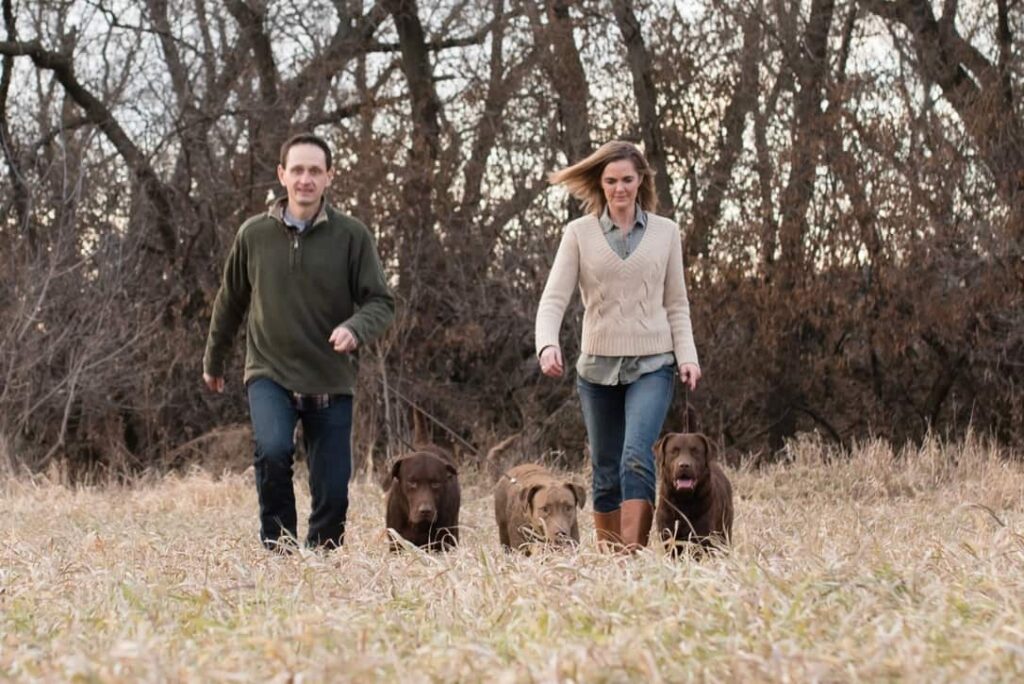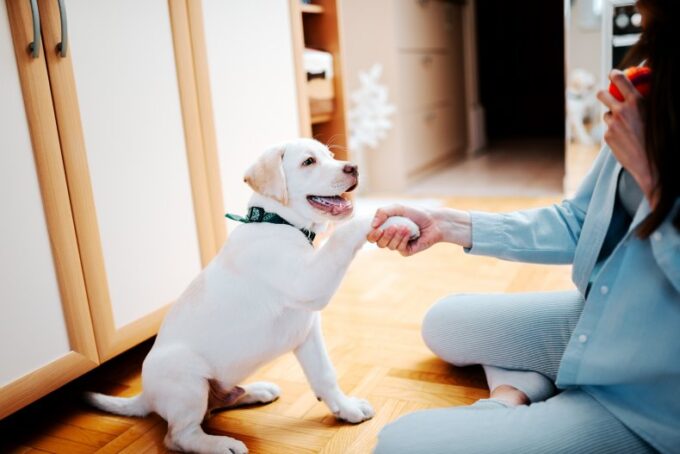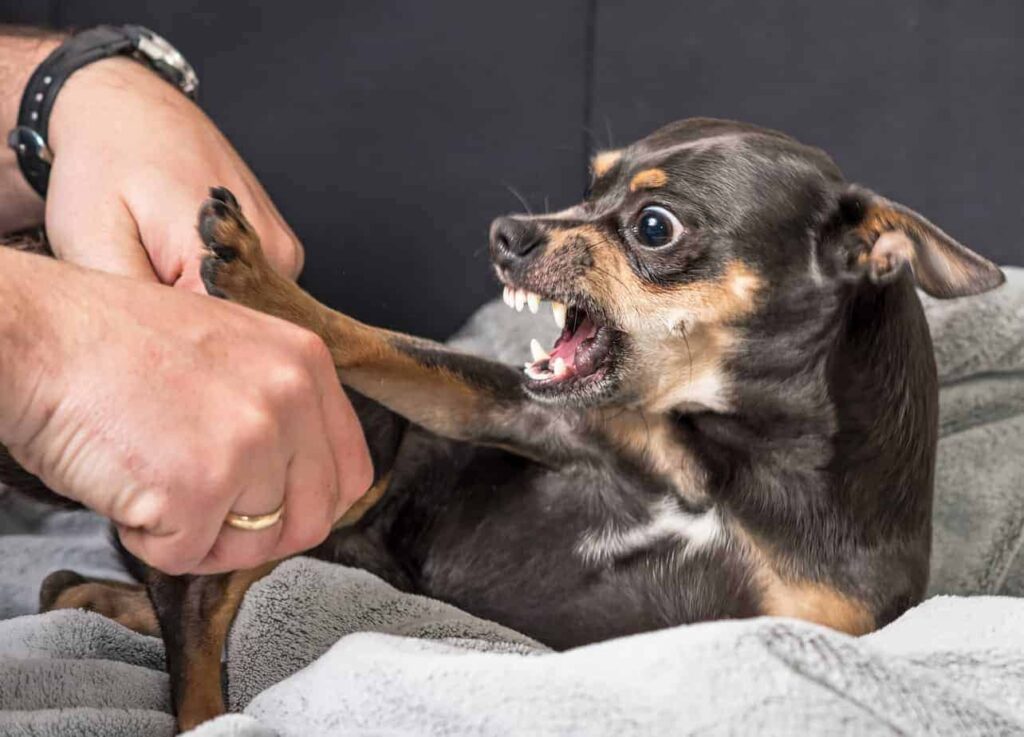Bringing home a new puppy is an exciting and joyful experience, but it also comes with great responsibility. Socialization is one of the most crucial aspects of raising a happy and well-adjusted dog. Proper socialization will help your puppy learn how to interact with other dogs and people and expose them to different environments and situations.
Before that, the first step is to choose where you will get a dog. It can be a shelter, buying one from a breeder, or getting some of the Service Dog Puppies you can check out if you visit this site. This article will provide tips on how to socialize your new puppy so they grow up to be a confident, well-behaved, and friendly companion.
Contents
Why Is It Important?

Source: firesidepetlodge.com
Socialization is introducing your puppy to various people, animals, and environments to help them become well-adjusted and confident adults. It is important because a puppy is less likely to develop fear or aggression toward unfamiliar people, dogs, or situations. It also helps prevent behavior problems such as separation anxiety, destructive chewing, and excessive barking.
You should start by exposing them to various stimuli and situations while they’re still young, ideally between 3 and 14 weeks old. That is the critical period, during which puppies are most receptive to new experiences.
It is important to keep it positive and enjoyable for your puppy, using rewards such as treats, praise, and playtime to reinforce good behavior. Socialization should be a lifelong process, with regular exposure to new people, animals, and environments to help your puppy stay confident and well-adjusted as they grow into adulthood.
Understanding Its Needs
The critical socialization period is the first few weeks of your puppy’s life, during which they are most receptive to new experiences and stimuli. This period typically lasts between 3 and 14 weeks, although some experts suggest it may extend up to 16 weeks. During this time, exposing your puppy to various people, animals, and environments is crucial to help them develop positive associations and reduce the risk of fear or aggression towards unfamiliar stimuli.
To socialize your puppy during this period, you should introduce them to a range of people, including men, women, children, and people of different ethnicities. You should also expose them to animals such as dogs, cats, and other small animals. Providing positive experiences during these encounters is important, as using rewards and praise to reinforce good behavior. Additionally, you should expose your puppy to different environments, such as parks, streets, and different types of flooring. However, be careful not to overwhelm your puppy with too many new experiences at once, as this can lead to fear or anxiety.
Continued exposure to new experiences beyond the critical socialization period is also important, but the intensity and frequency of socialization may decrease as your puppy ages. However, regular exposure to new people, animals, and environments throughout your dog’s life can help them maintain its socialization skills and stay well-adjusted.
How to Introduce Your Little Friend to Other Dogs?

Source: newsweek.com
Introducing your small canine to other dogs is an essential part of socialization. It helps them learn to interact with their kind and prevents fear or aggression toward other dogs. When introducing your little friend to another dog, choose a neutral location, such as a park or other public space. Keep both dogs on leashes first and allow them to approach each other slowly, sniffing and getting to know each other.
If either dog shows signs of fear or aggression, such as growling, barking, or showing teeth, separate them immediately and try another time again. Always supervise interactions between your little friend and other dogs, especially at first, and never leave them alone together. Use positive reinforcement, such as treats and praise, to reward good behavior during interactions with other dogs.
Teaching Your Small Canine to Love People
Socializing your small canine with people is also crucial for their development. It helps prevent fear or aggression towards unfamiliar people and makes them more comfortable in new situations. When socializing your small canine with people, introduce them to friends and family members. Gradually increase the number of people they meet and expose them to different types of people, such as men, women, children, and people of different ethnicities.
It’s important to use positive reinforcement to reward good behavior during interactions with people, such as sitting calmly or greeting people politely. Avoid using punishment or negative reinforcement, leading to fear or anxiety. When introducing your small canine to strangers, do so in a controlled and safe environment, such as a park or other public space. Always supervise interactions with strangers and provide positive reinforcement for good behavior.
The Importance of Starting Early

Source: dogsbestlife.com
It is crucial to set your small canine up for success. Early socialization, in particular, is essential for preventing fear or aggression towards people, other animals, and new environments. In addition, socializing with your small canine from a young age helps them develop positive associations with these things, making them more comfortable and confident in different situations.
Early socialization should begin as soon as you bring your small canine home. Then, gradually expose them to new experiences, such as meeting new people and animals, exploring different environments, and experiencing different sounds and smells.
The Role of Training
Building a Strong Bond with your little friend through training is crucial, as it helps build a strong bond between you. It also helps them learn basic commands and behaviors, such as sitting, staying, and walking on a leash. Training should always use positive reinforcement, such as treats and praise, to encourage good behavior.
When training your small canine, focus on basic commands first and gradually increase the difficulty of the tasks. Always be patient and consistent, and remember to use positive reinforcement to reward good behavior. Training also provides an opportunity for socialization, as you can train your small canine in different environments and around different people and animals.
The Bottom Line
As you can see, there are many benefits of starting to train your dog from an early age. It will lead to a much better relationship and the ability to control it when it grow up. Also, you will avoid various issues, especially those related to aggressive behavior and disobedience.


